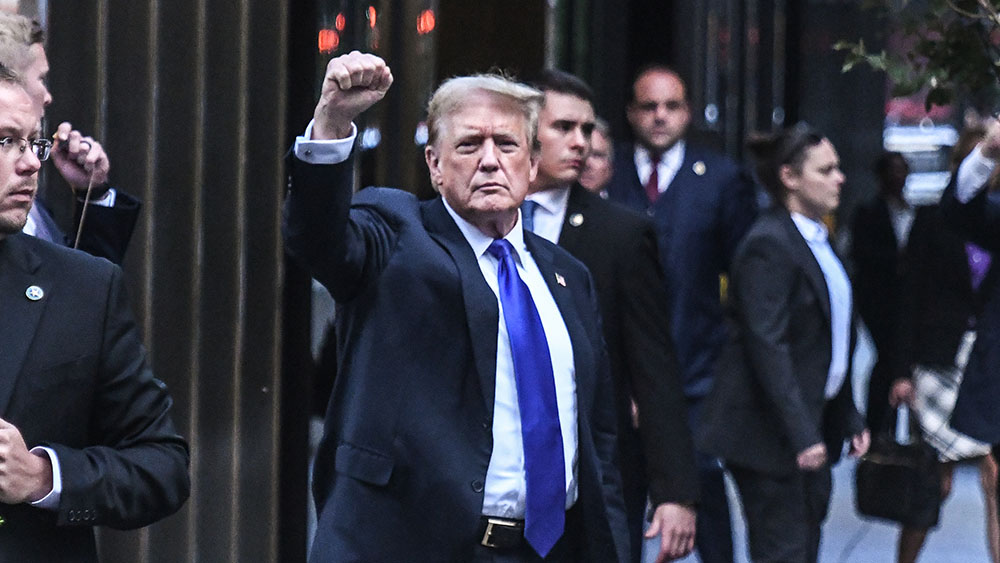 Parler
Parler Gab
Gab
Is the dollar on its way out?
The addition of Thailand would bolster the growing financial power of BRICS and its desire to move away from the dollar. The coalition is considered a competitor in an international order that is currently led by developed economies in Europe and the United States. The recently expanded bloc now accounts for roughly 30% of the global economy as well as a population of 3.5 billion, or 45% of the global population. Crucially, it accounts for more than 40% of global oil production. BRICS countries have been working toward creating a single currency that will enable them to reduce their dependence on the U.S. dollar, which could cause shock waves in the current global economic power hierarchy. With their own common currency, BRICS countries would be able to carry out trade without using American dollars, reducing the supply and demand of the dollar and possibly weakening its value. In addition, it would chip away at the dollar’s current position as the main reserve currency for global trade. Right now, many countries keep dollar reserves to provide economic stability; they could seek to diversify their reserves in the presence of an alternative BRICS currency, which would further weaken the dollar’s dominance and influence on the global stage. At the same time, a common currency could enable BRICS nations to bolster their own local currencies, challenging the dollar in foreign exchange markets. BRICS nations are also looking to move away from the dollar to diminish the impact of financial sanctions from the West, as was recently seen when the Western financial system SWIFT cut off Russia following its activities in Ukraine in 2022. Nearly half of all of Russia’s foreign currency reserves were frozen. Later the same year, the U.S. restricted exports of semiconductor technology to China. A senior visiting fellow at the London School of Economics, Shirley Ze Yu, told Al Jazeera: “As the US weaponises the dollar in the Russian and Iran sanctions, there is increasing desire by other developing countries to seek alternative currencies for trade, investment, and reserves, as well as developing alternative multilateral clearance systems outside of SWIFT.” As BRICS continues to expand its footprint, it is just a matter of time before the dollar is knocked off its throne. Sources for this article include: RT.com Asia.Nikkei.com AlJazeera.comMiriam Adelson ‘wants West Bank annexation’ in return for $100M donation to Trump
By News Editors // Share
Republican-led House votes to sanction ICC for investigating Israeli war crimes in Gaza
By Ethan Huff // Share
Epoch Times CFO Bill Guan charged in alleged $67 million global money laundering scheme
By Ethan Huff // Share
Governments continue to obscure COVID-19 vaccine data amid rising concerns over excess deaths
By patricklewis // Share
Tech giant Microsoft backs EXTINCTION with its support of carbon capture programs
By ramontomeydw // Share
Germany to resume arms exports to Israel despite repeated ceasefire violations
By isabelle // Share










